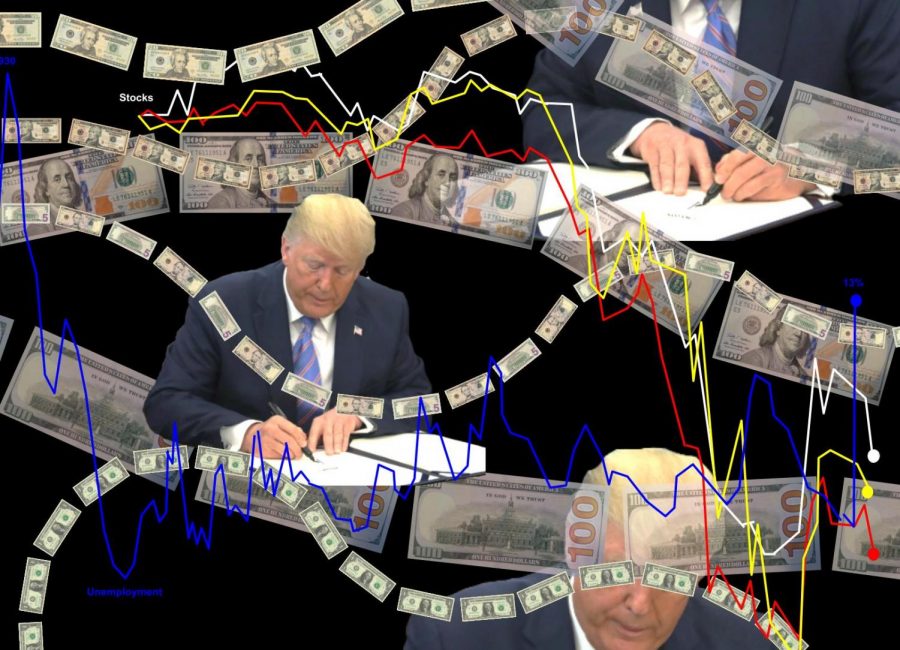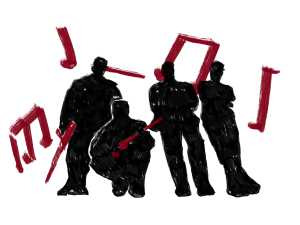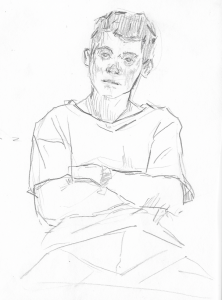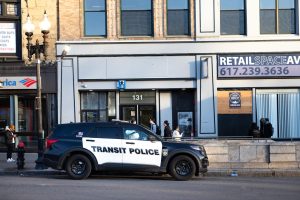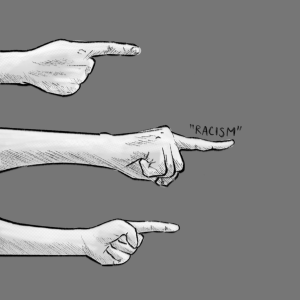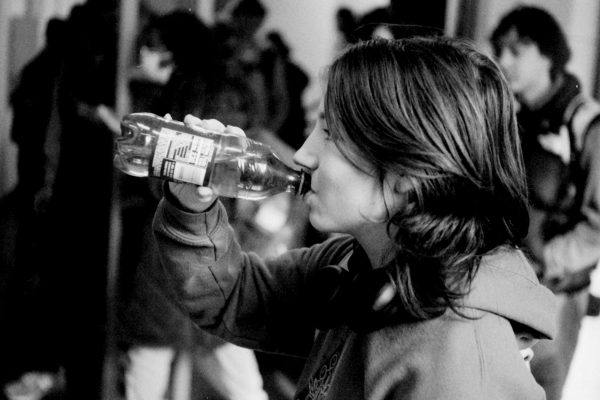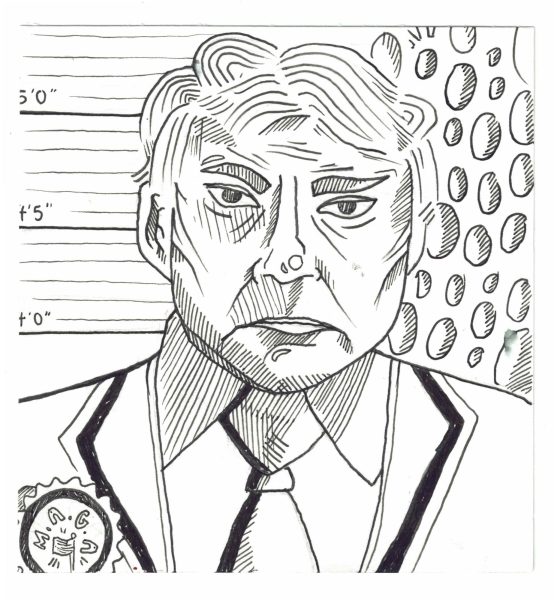Due to the Pandemic, America Is Facing Another Economic Recession
The last major economic recession the nation faced was the 2008 financial crisis.
April 22, 2020
The coronavirus outbreak has had increasingly severe impacts on all aspects of life for people around the globe. Domestically, Americans have seen their businesses and schools closed, commodities like toilet paper, groceries, and hand sanitizer have become increasingly expensive, and, in many states, citizens have been ordered to “shelter in place” in hopes of slowing the rate of infection from the virus. However, one of the most significant societal consequences of the pandemic (aside from the suffering caused by the virus) is its potential to become a catalyst for another multi-year-long economic recession in the United States and the world.
The last major economic crisis that the nation faced was in 2008 when a subprime mortgage crisis led to the near bankruptcy of many major financial firms and thousands of banks across the country. The so-called “Great Recession” had lasting consequences in America for the following decade. In fact, it could be argued that, despite the government’s efforts in the intervening years to speed recovery, the United States’ economy has really only fully escaped the grasp of the recession in the past few years.
Recently, in February 2020, uncertainty over the threat of the coronavirus caused the markets to crash unexpectedly. After reaching record highs on February 19th, the Dow Jones industrial average, S&P 500, and NASDAQ—key indicators of the nation’s economy as a whole—all plummeted between the 24th and the 28th in their largest single week declines since 2008. A few weeks later, on March 9th, the markets again dropped drastically as investors feared how the coronavirus might affect global trade and the economy. Unfortunately, this crisis coincided with an oil price war between the Middle East and Russia, which only added to the turmoil. As of March 2020, analysts are predicting that the US’ GDP will shrink dramatically during the second quarter and that the nation’s unemployment rate will skyrocket as a result of many businesses and restaurants closing due to mandated social distancing. When asked about the possibility of another recession, Neel Kashkari, president of the Federal Reserve Bank of Minneapolis, told 60 Minutes, “If we’re not right now, we will be soon. My base case scenario is we’ll at least have a mild recession, like after 9/11. The worst case would be we’d have a deep recession like the 2008 financial crisis. We just don’t know right now.”
As of March 2020, analysts are predicting that the US’ GDP will shrink dramatically during the second quarter.
Some analysts have been predicting such a crash for years; perhaps the coronavirus was only the straw that broke the camel’s back. Regardless, the United States has now found itself on the brink of a serious recession. Its severity, though, depends on what next steps the government decides to take. One way the government has helped to slow the market’s free fall is with the “Plunge Protection Team,” which uses federal reserve dollars to buy stocks in times of crisis, causing the price of the stock to go up in order to encourage other investors to stop selling. However, this only serves to mask the severity of a crisis and doesn’t actually solve the root of any economic crisis, because the values of metrics that investors use to gauge the welfare of the economy have been artificially inflated by the government’s actions. For that, the government decided to cut interest rates to near 0%, encouraging businesses to continue taking out loans to keep the economy afloat. The Federal Reserve is also making purchases in the bond market, such as corporate bond ETFs, in hopes of further stabilizing the economy.
Finally, Congress recently passed a 2 trillion dollar stimulus package, which, among other things, includes increasing unemployment benefits to help people who have been put out of work by the virus. Speaking about the new bill, Senate Minority Leader Chuck Schumer said, “So many people are being put out of work through no fault of their own. They don’t know what their future is going to be like, how are they going to pay the bills. Well, we come to their rescue.”
One major criticism of the United States’ response to the Great Depression of the 1930s was its unwillingness to bail out banks and businesses, which led to a long-term economic recession. In 2008, the government took a much more active role in helping the country recover, and in 2020, Kashkari explained, “We’re being very aggressive. And I think our chairman, Jay Powell, has learned from the experience of 2008. We’re moving much faster than we moved in 2008.” The question remains, however: will these measures be enough to stop the country and perhaps the world from entering another decade-long period of economic stagnation, or should we all start buying gold?

